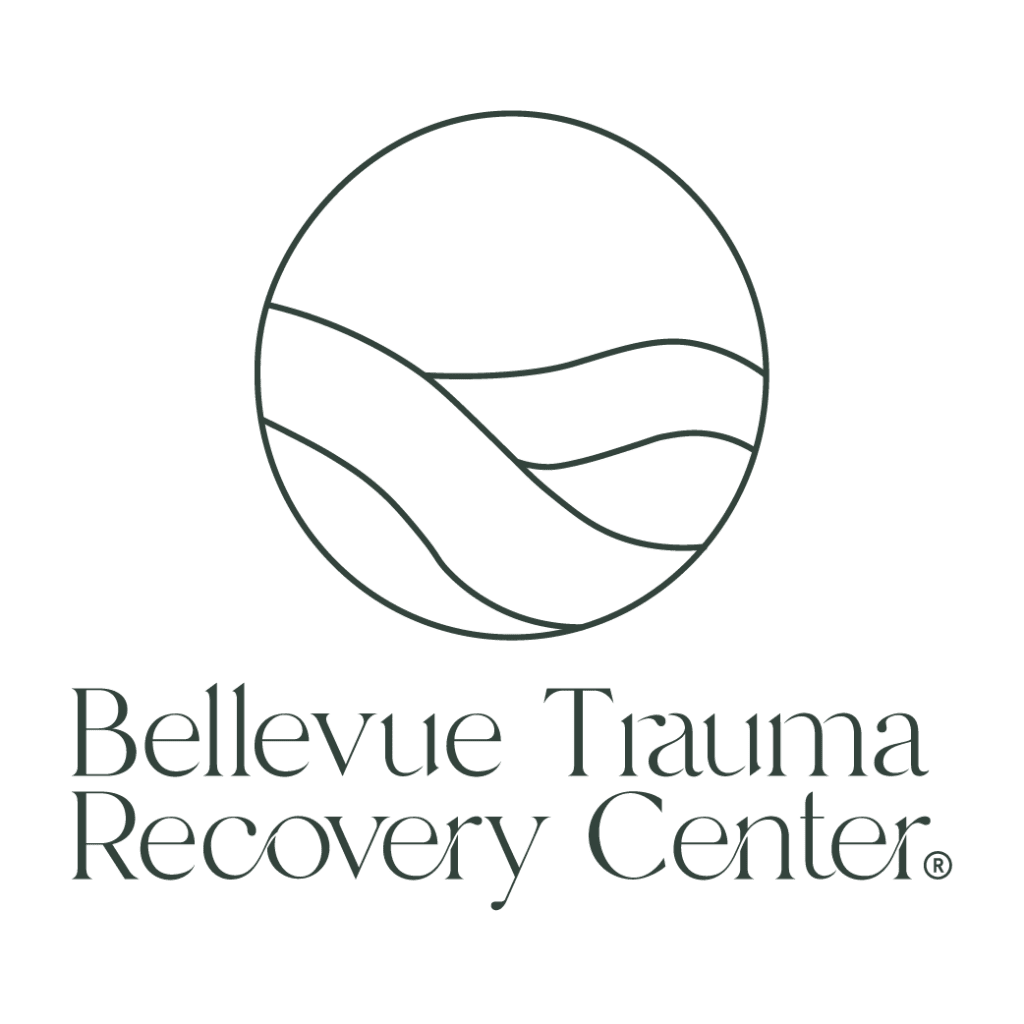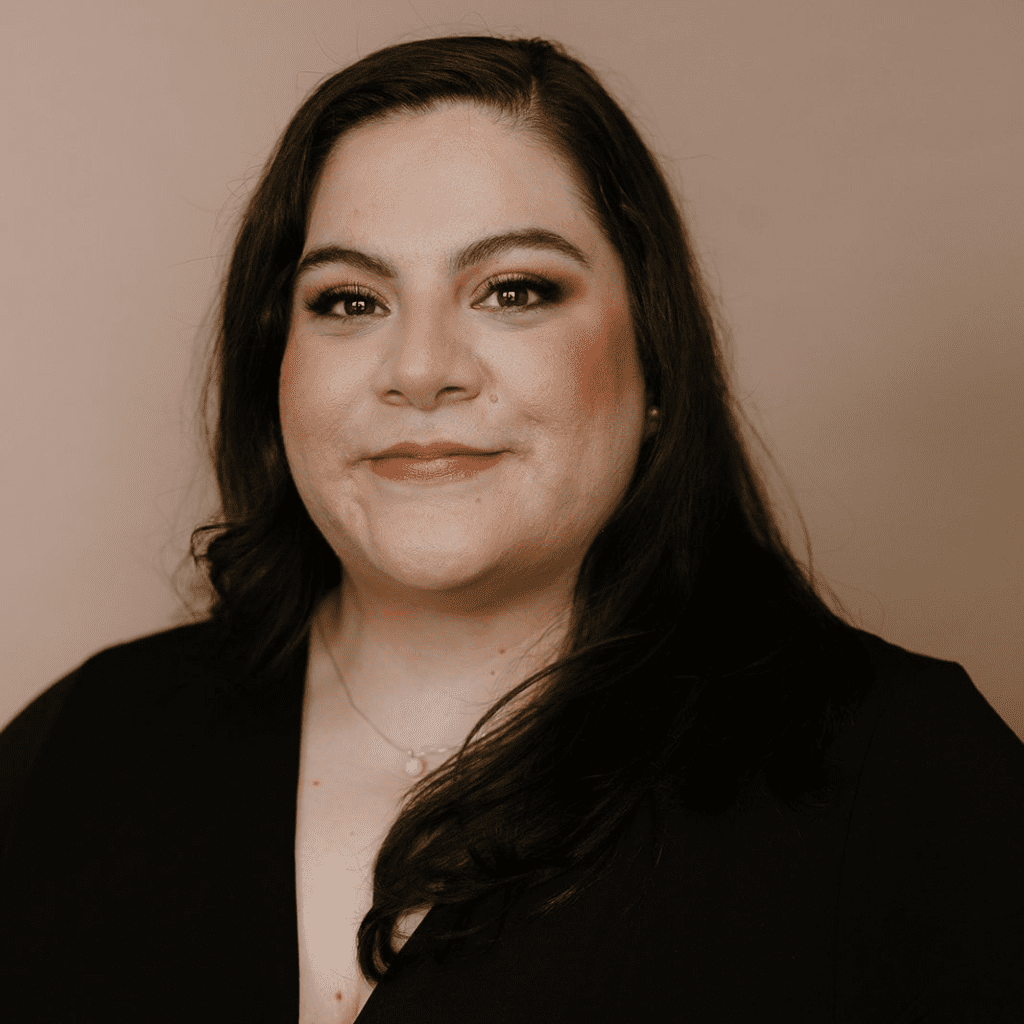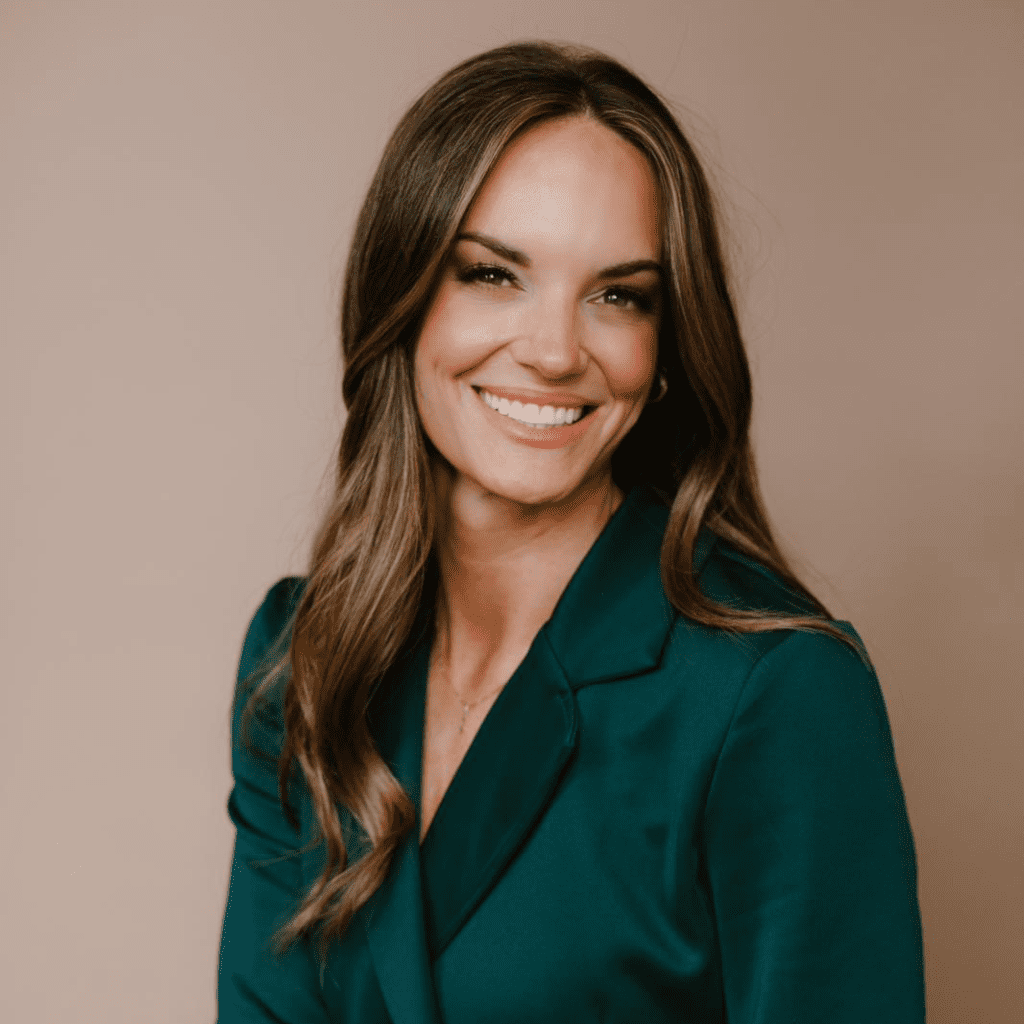6 Expert Seattle Religious Trauma Therapists

Religious Trauma
Have your experiences with religion caused emotional pain or confusion?
Do you struggle with feelings of guilt, shame, or fear tied to past religious beliefs or practices?
Are you seeking a path to reclaim your sense of self and well-being?
The BTRC offers compassionate and specialized therapy to help individuals overcome the lasting effects of religious trauma.
Meet our religious trauma therapists
Dr. Connie Zollner, Psy.D, LMHC, LPC, CSAT, CCPS
Dr. Zollner’s specialties include betrayal trauma, religious trauma, neurodivergence, and compulsive or addictive behaviors, such as substance abuse, technology-based, and sexual addictions. With Dr. Zollner, you’ll find a professional who values compassion as much as expertise. She is dedicated to fostering resilience in her clients while helping them address past trauma and build meaningful futures, and create new meaningful relationships.
Credentials: Psy.D, LMHC, LPC, CCPS, CSAT
Clientele: Adolescence, Adults
Location: Bellevue, Washington
Virtual therapy?: Yes
Elizabeth Abbruzza, LMHC, LPC, CCPS
Elizabeth’s therapeutic approach is informed by the mind-body connection. Certified in Emotional Transformation Therapy (ETT), she integrates techniques from traditional therapy to facilitate trauma healing on both a cognitive and somatic level. With extensive experience addressing post-traumatic stress disorder and the unique challenges of sexual abuse, religious abuse, Elizabeth offers a safe and compassionate space for clients to process their experiences. This holistic perspective, which may include cognitive processing therapy, helps her clients rebuild trust, rediscover their inner strength, and take meaningful steps toward emotional well-being.
Credentials: MA, LMHC, LPC, CCPS
Clientele: Adult children of sex addicts, adolescents, young adults, adults
Location: Bellevue, Washington
Virtual therapy?: Yes: Washington and Colorado
Dr. Raisa Felts, Psy.D, LMHC, CCPS-C
Dr. Felts provides a safe, nurturing space for clients navigating complex post-traumatic stress and related challenges, all while recognizing their unique strengths. She specializes in helping individuals address deeply personal and harmful beliefs or thoughts that may stem from trauma, fostering a path toward self-compassion and healing. Whether through therapeutic guidance or comprehensive diagnostic assessments, as a mental health provider she ensures her clients feel well understood and equipped to thrive in the face of life’s challenges. Her commitment to balancing empathy with expertise makes her an invaluable resource for clients pursuing their own healing and resilience.
Credentials: Psy.D, LMHC, CCPS-C
Clientele: Neurodivergent women, adults and adolescents, young adults
Location: Bellevue, Washington
Virtual therapy?: Yes, Washington
Dr. Jessica Lamar, Psy.D, LMHC, LPC, CPTT
Dr. Lamar has honed her expertise across forensic settings, intensive outpatient programs, and private practices, making her uniquely equipped to navigate even the most complex trauma cases. She specializes in helping clients process painful memories and traumatic experiences related to spiritual abuse and religious trauma, fostering a path toward healing and self-compassion. Her warmth, combined with professional insight, creates a supportive environment where clients feel empowered to process their experiences and work toward emotional healing and renewed self-belief system.
Credentials: Psy.D, LMHC, LPC, CPTT
Clientele: Adults
Location: Bellevue, Washington
Virtual therapy?: Yes, Washington and Colorado
Mary-Frances Moore, M.Ed, LMHC, CCTP-II
Mary-Frances specializes in a trauma-informed approach tailored to the diverse needs of her clients, particularly when addressing the aftermath of a traumatic event. She has extensive experience supporting individuals who have endured religious trauma, struggle with emotion regulation, or face challenges with low self-esteem. Whether it’s navigating intimate relationships, overcoming trust issues, or managing emotional distress, she serves as a steady and compassionate guide. By prioritizing emotional safety, she empowers clients to move forward with confidence, clarity, and a renewed sense of personal healing.
Credentials: LMHC, CCTP-II
Clientele: Young adults, Adults, Couples
Location: Bellevue, Washington
Virtual therapy?: Yes, Washington
Abigail Carey, LMHC, LPC, CMHS, NCC
With her trauma-informed, integrative approach, Abby creates a space of safety and support for individuals and couples at Bellevue Trauma Recovery Center. She draws on a blend of therapeutic modalities, including Acceptance and Commitment Therapy (ACT), Cognitive Behavioral Therapy (CBT), Narrative Therapy, and Emotional Transformation Therapy (ETT), to guide clients toward healing and growth. Abby has extensive experience working with clients who have experienced religious trauma, navigated challenges tied to a religious upbringing, or are undergoing faith transitions, offering compassionate support throughout their journey.
Credentials: LMHC, LPC, CMHS, NCC
Clientele: Postpartum adults, Couples, Adults, Young Adults
Location: Bellevue, Washington
Virtual therapy?: Yes, Texas and Washington
FAQs about religious trauma counseling
Religious trauma refers to the psychological, emotional, and spiritual harm that can result from experiences within a within a religious community or faith community where spiritual abuse occurs.
This may include, but is not limited to:
Manipulation or control by religious authorities
Fear-based teachings or practices
Experiences of rejection, judgment, or shame
Punitive or authoritarian environments
Spiritual abuse or exploitation
Membership in high-control groups (also known as cults or fundamentalist communities)
High-control groups often demand strict conformity, suppress individuality, and use fear or manipulation to maintain authority. These environments can create deep emotional scars and challenge a person’s ability to think freely, trust others, or maintain healthy boundaries.
Symptoms can vary widely but often include:
Feelings of guilt, shame, or unworthiness
Negative beliefs about self, others, or the world
Difficulty making decisions
Difficulty trusting others, including leaders or authority figures
Loss of identity or a sense of disconnection
Loss of community
Intrusive thoughts or flashbacks related to religious experiences
Hypervigilance or fear of punishment for perceived wrongs
Depression or hopelessness
Feeling isolated
Difficulty forming or maintaining personal beliefs
Distorted views on sex
At the BTRC, we recognize that healing from religious trauma requires a sensitive and individualized approach. Our therapists are trained to help clients process their traumatic experiences related to religion and spirituality, rediscover their inner strength, and rebuild a life free from guilt, fear, anxiety, and shame. Whether your journey involves recovering from experiencing spiritual abuse, high-control group dynamics, religious trauma syndrome or navigating spiritual uncertainty, we are here to support you in establishing spiritual well being.
You don’t have to navigate this journey alone. Contact us today to learn more about our religious trauma counseling Seattle therapy services.
Therapy provides a compassionate, non-judgmental space to help you heal from religious trauma at your own pace. Early sessions focus on building trust and understanding how your experiences within spiritual communities or religious groups have shaped your beliefs, emotions, and sense of self. Your therapist will tailor a treatment approach to your unique needs, with goals such as processing trauma experiences related to spiritual abuse, rebuilding self-esteem, managing emotional regulation, or exploring and redefining your religious or spiritual beliefs. Techniques like creative expression, somatic experiencing, discussing emotions, practicing coping strategies, and establishing healthy boundaries may be used to support your healing. Over time, therapy helps you release the pain of past experiences, regain confidence, and create a life that aligns with your values and personal truth. Trauma counseling is collaborative and empowering, ensuring you feel supported every step of the way.
In therapy, you can expect a compassionate, judgment-free space to share your story at your own pace. Early sessions often focus on building trust and understanding your experiences. Together with your therapist, you’ll identify goals, such as processing traumatic experiences, rebuilding self-esteem, or exploring your religious or spiritual beliefs. Sessions may include talking through emotions, learning coping strategies, and developing healthy boundaries. Over time, therapy helps you heal emotional wounds, regain confidence, and create a life aligned with your values. The process is collaborative and tailored to your unique needs, ensuring you feel supported every step of the way.
Choosing the right therapist is essential for your healing journey. Our practice specializes in trauma-informed care, with a focus on religious trauma, spiritual abuse, and high-control group recovery, often addressing issues related to religious leaders . We provide a safe, empathetic space where your experiences are validated, and your healing is prioritized. Our approach is collaborative and tailored to your unique needs, helping you rebuild trust, self-esteem, and autonomy. To see if we’re the right fit, we offer a free consultation—reach out today to start your journey toward healing and empowerment.
To begin therapy for trauma related to spiritual or religious abuse at the BTRC, start by contacting our office directly and schedule an initial consultation to discuss your goals and create a personalized care plan. The process is designed to be supportive and straightforward, ensuring you feel comfortable every step of the way. Start working with a Seattle religious trauma therapist today.
and let’s set up an appointment to talk.
Group Therapy options ...
In addition to individual therapy, the BTRC offers a support group for women who are healing from betrayal trauma. This therapist lead group provides psychoeducation and a safe space to process with other women.







